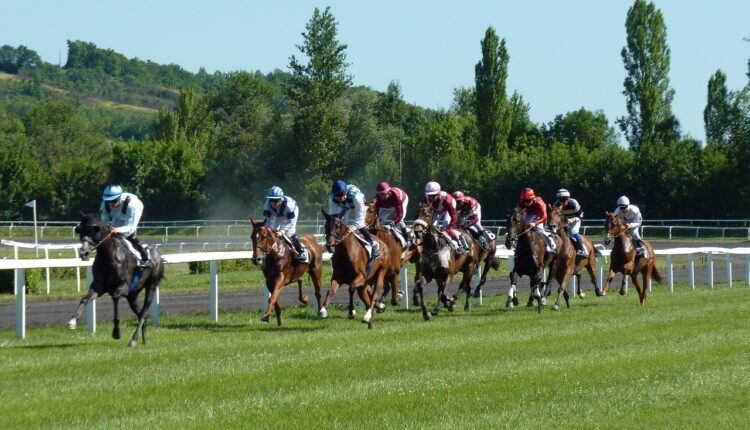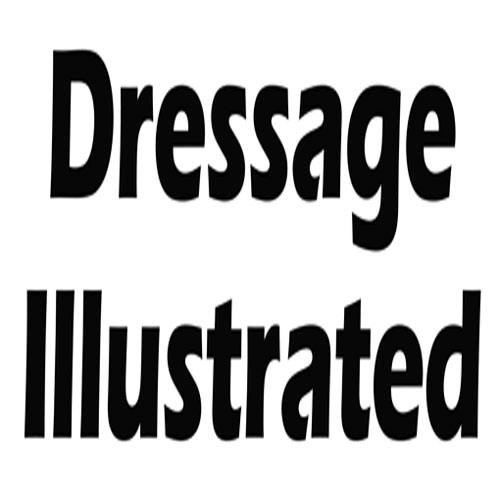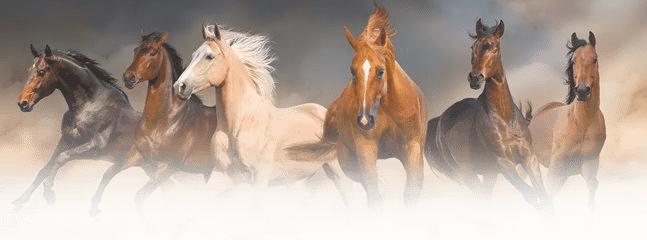Betting on horses is a lot of fun, and before casinos and lotteries existed, horse betting was the only legal form of gambling. Sometimes one may forget that they came to win their bets because being in the stands or on the grass to watch the races is another ambiance. Whether someone loses or wins, it’s all good.
For complete novices, some will just bet on a horse because they like the name. Other newcomers at the racetrack will base their choice on superstitious beliefs and pick a horse because they have their lucky number, their favorite color, and so on. Some say it’s big ears or big hooves that define a winning horse. To each their own on that matter.
Before choosing, make yourself comfortable and just get a feel for what it’s like to be there before you log in to betway casino to place a bet. It’s a wonderful experience watching horses in their prime at the sport’s highest level. It’s another form of entertainment, and one could walk away with something, too—that’s the bonus.
Many people wouldn’t consider visiting a racetrack because they think it’s for their grandparents. There’s a lot of tradition and history involved in this sport. Picking or handicapping a horse involves a bit of a learning curve. These are just basic tips on how to handicap a horse.
How To Handicap A Horse?
Observe The Horse In The Paddock
Before each race, the horses march around a space in the arena called the paddock. Look at how the course looks and behaves before the whistle is blown. Horses can be temperamental like humans; they may be in a good or bad mood that day.
Some horses may have jitters, get stubborn, don’t want to move, rearing, start to bite, or start turning in circles. This might be a sign to not place a bet on betway casino on that one because they have an attitude and are wasting energy in the paddock instead of on the tracks.
Take time to observe the horses’ behavior. Do they look cheerful and eager to win a race? Or do they look unhappy or moody? Another thing to look out for is whether the horse is sweating a lot. Even from afar, one can see if a horse is sweating through the appearance of big dark patches on its coat; it may be nervous.
If there are sweat patches near the kidneys, this means the horse isn’t feeling well. Other indications of good health are bright eyes and a shiny coat. Not everybody must be the best horse expert to catch things like this. It’s better to handicap the two or three horses that appear calm and focused.
The horses’ muscle definition is also a good pointer because this is like their engine. Look at whether they have well-defined muscles and fully developed rump and hind legs. Just know that in a race, there are flat horses and then jump horses.
Most of the time, flat horses are leaner than jump horses because they prioritize pace over power. Because jump horses must go through obstacles, they depend on strong legs. So, a horse shouldn’t carry too much weight in general.
What Class Level Does The Horse Race In?
In horse racing, there are different levels of classes and competitions. There are four race classes: maiden races, claiming races, allowance races, and then stake races. When moving up a class, one will be exposed to better-performing horses and even better purses. In a competition, the racetracks will bring out the horses that are at the competition level.
Some horses can move up or down a class during the year because of their performance. This is important information because when a horse goes down a class, it will determine whether it wins or loses. Do the research before placing a bet on betway casino.
If a horse’s performance history shows that they have consistently won first and second places in allowance races (third class) and they have just moved up to stake races (fourth class), don’t handicap this horse if it’s their first race in that class level. The horse may be left behind in the race by the other horses who have experience of racing in that class.
The Horse’s Running Style
Take time to watch the horses in action on the field once or twice to learn their running styles. Some horses are better as closers, so they pick up their pace when the race is nearly over. Some horses like to race near the front and set the pace for that race.
Secondary Factors
The Jockeys’ Recent Performances
In the race program, there’s a section of jockey performances. A good indicator of talent is when the jockey usually comes in first, second, or third place, no matter what horse they ride. Sometimes, if a jockey always comes in the first three positions with a certain horse, placing a bet is a good idea because it’s likely to happen again.
Racing Conditions
Things like distance and the track surface can determine whether a horse will win a race. The racing program shows which surface each horse performs better on. Some horses prefer natural grass and dirt surfaces but might not like the artificial “all-weather” surface.






















